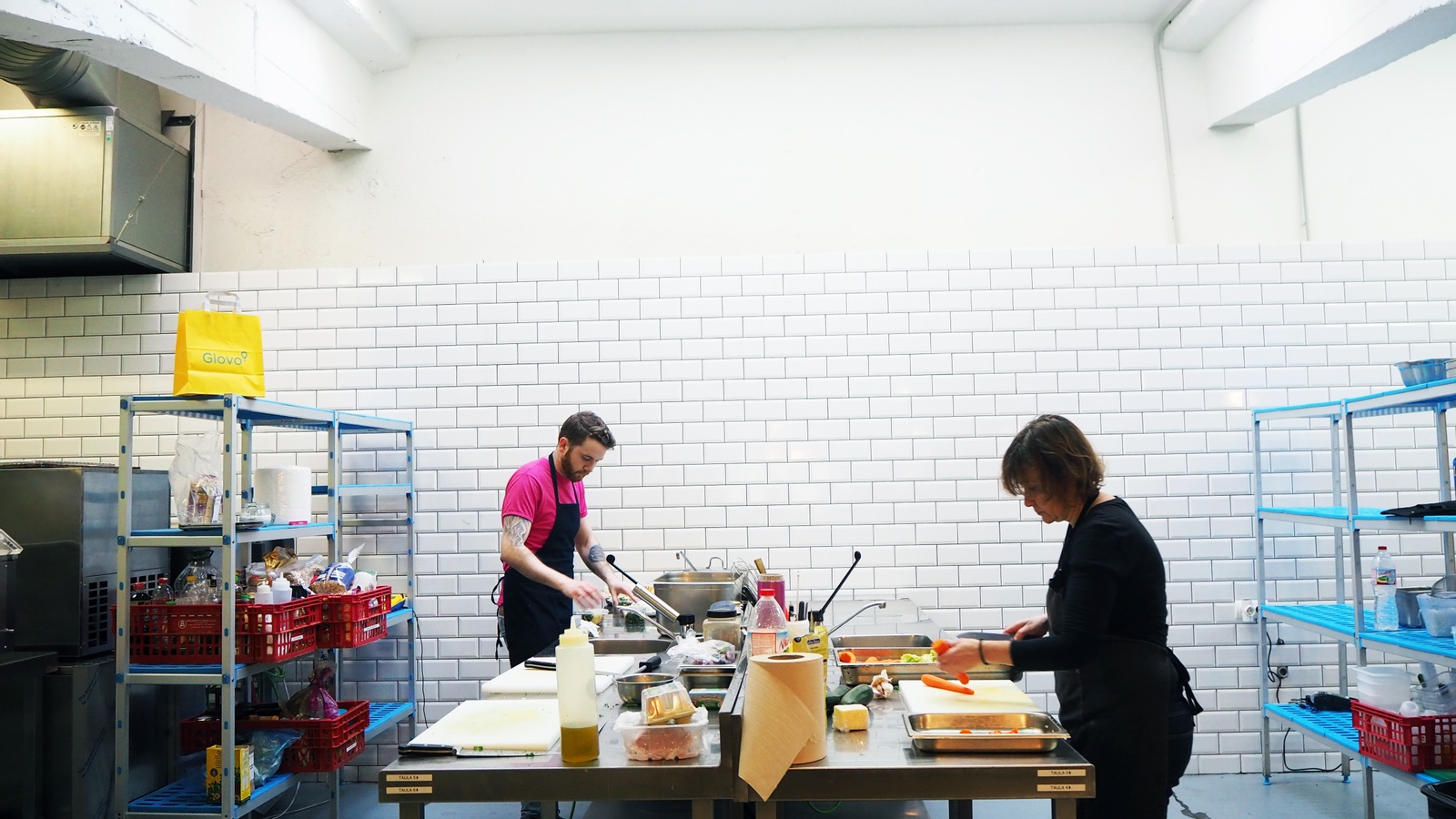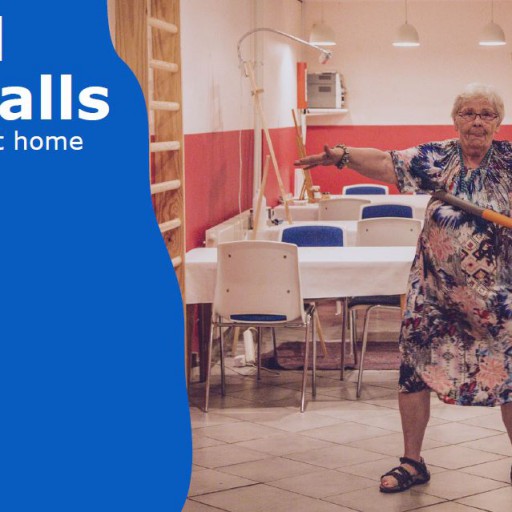Restaurants without any diners. Supermarkets and shops without any customers. And yet they still make money. The online shopping craze has given rise to new business models based on the idea of closing spaces off to the public, AKA dark stores. It’s all about transforming stores into warehouses to meet online shopping demands.

Renting spaces out to use them as ‘delivery stations’ has mostly been associated with the food sector; specifically, so-called ‘ghost restaurants’. Read on to learn how this business model came about largely due to the increase in takeaway deliveries, and how it has now extended to other sectors.
From dark kitchens to dark stores
Following the rise in takeaway food deliveries, we saw the first dark kitchens, also known as ghost restaurants. This business model involves renting spaces where food ordered on apps like Glovo, Deliveroo, and Uber Eats is prepared. Unlike a traditional restaurant, there are no waiters, tables, or diners in these spaces.

During the pandemic, this model really took off and was adapted for other sectors, leading to Spain’s first dark stores, or former shops that have been transformed into warehouses to allow for online food and fashion orders to be delivered quickly and efficiently.
The retail sector jumps on the dark store bandwagon
British and American supermarket chains were the pioneers of this concept, opening the very first dark stores over ten years ago in order to improve the efficiency of online order delivery. The global lockdown due to the COVID-19 pandemic resulted in most businesses having to close, forcing the fashion industry to reinvent itself and adopt this model too.
During lockdown, only employees could access Inditex stores, allowing them to ensure products that had been bought online were delivered on time. In fact, Blake Morgan, author of The Customer Of The Future, wrote an article in Forbes stating that dark stores are the future of retail.
Urban planning and changes to last mile delivery
Dark stores are located in urban or semi-urban areas in order to avoid the high rental prices of the inner city. They also make use of less affordable commercial spaces by transforming them into warehouses. These spaces need to be in a more central location than a traditional logistics centre. But that doesn’t mean they need to be on the main streets of a city.
Diego Sebastián de Erice, who is the director of E-Commerce at Dia, explained the main features of these spaces to La Vanguardia: “To ensure that a dark store operates efficiently, it’s essential to choose a large store that has other, similar stores nearby, as this is how we can attract clients”. He also highlighted that they must have easy access to surrounding areas “so that they can cover large delivery zones quickly and efficiently”.
So, what do these places look like exactly? Well, these establishments aren’t exactly known for their outstanding architecture or design. There are no signs or ads on their façades and their interiors look a lot like a regular warehouse. Generic design at its best.
You might be asking what the pros and cons of these spaces are. An advantage of dark stores is that it solves one of the main problems of last mile delivery thanks to the shorter distances required to get goods to the consumer and the resulting reduced environmental impact.
Dark stores and legal issues
Transforming ground floor commercial premises into “ghost” businesses means that business licences need to be changed, which has led to some problems in the urban neighbourhoods where these dark stores have been set up.
En @Madridiario:
Protesta contra las dark kitchen en Cibeles: "Hacen el ruido de un Boeing y hay carbonilla en las ventanas" https://t.co/aOp6P9I2h8— Stop Cocinas Fantasma Delicias (@4chimeneas) April 29, 2021
The rise in dark kitchens in residential areas has been a cause for concern for many homeowners’ associations. For this reason, city councils, including those in Madrid and Barcelona, have stopped handing out licences for these spaces. The main issue with these ghost restaurants is that current regulations state that the space must be able to suitable for an industrial kitchen, including an extraction unit that diverts smoke to the exterior.
New business models need laws that adapt to them so that they can carry out the activities for which they were designed. The real estate sector will also change dramatically thanks to the increasing number of dark stores. And even though these changes were initially the result of lockdown, online sales show no signs of slowing down.
Do you think this new business model is here to stay? Tell us what you think on social media using #ConnectionsByFinsa.




